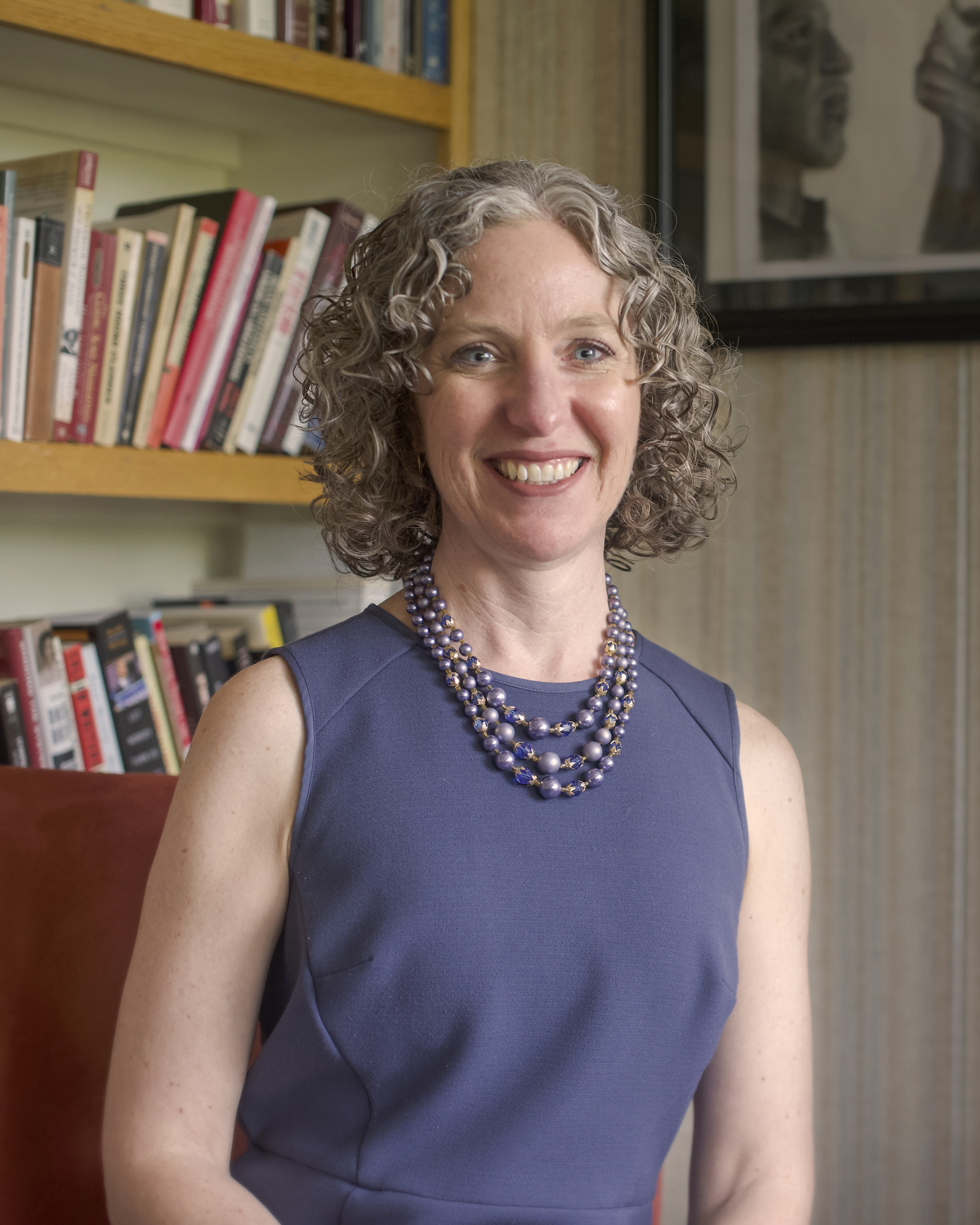Faculty Spotlight: Trisha Posey
By Callie Owensby ’20
May 31, 2019

As an associate professor of history since 2007 and director of the Honors Scholars Program, Dr. Trisha Posey is passionate about learning from and teaching diverse perspectives to celebrate the gifts and differences with which God has created humanity. With interests in the interrelation of religion and reform, history of slavery and racism post-slavery, Posey strives to create strategies that facilitate discussions about diversity and help students from diverse backgrounds to better experience JBU.
Who are the three people that have impacted you most?
- My family—husband, children, sister, parents (particularly husband). They really love me for who I am and not for my title.
- My grandfather, John Jenkins, who is a pastor. He and I have been close since I was little. He supported and encouraged me and gave me books to read.
- My academic advisers—Dr. Maxie Burch and Dr. Rick Ostrander—who gave me opportunities and served as great mentors and advisers.
What are the three most recent books you’ve read?
- “Color of Compromise” by Jemar Tisby
- “No Longer At Ease” by Chinua Achebe
- “Paradise Lost” by John Milton
Why did you come to JBU?
- Most definitely the students. During my interview lecture that I gave to students, I could not believe the quality of questions I got from them. They were thoughtful, curious and showed that they had studied so hard.
- The location. Jake (my husband) and I had two criteria for a location when I was applying for jobs: the university had to be west of the Mississippi River and in a relatively small town.
- The stability of the institution. I wanted to serve at a university that knew its mission, was financially secure and had a plan for the future. It was clear to me during my visit that this was the case, thanks to the leadership.
What are three things that inspire you?
- Young people who have incredible vision, which is why I love teaching.
- The beauty of nature.
- Art. I’m just so amazed at people that are able to create music and art and the imagination that it requires.
What are three principles that students have taught you as a professor?
- I’ve learned better to lament. I think that’s a gift that students who have gone through very difficult times have given to me.
- My students consistently demonstrate to me the importance of a Christian community for spiritual development, emotional support and care for others.
- They’ve taught me how to take risks. I am always inspired by students who step out in faith to do something challenging or stretching. They frequently model to me what healthy spiritual growth looks like when one steps out
in faith.
What makes JBU’s Honors Program successful?
- I inherited a very strong program, which has to do with the people that came before me: Shirley Forbes Thomas, Gary Guinn and Brad Gambill, who all did a fantastic job with the program.
- We’re able to support students from across the divisions and colleges. Because the division chairs and deans have bought into the vision of honors and strongly support the honors students, we have across-campus support for what we’re doing.
- We receive so many great, high-achieving students who are curious and creative and need academic and co-curricular opportunities to let those gifts grow and flourish.
As a member of the diversity committee, How has discussing diversity impacted your own life?
- It has given me a lot more humility in my approach to the world. I recognize that my experience isn’t the experience of everyone else, so I have much more openness to hearing the perspectives of others.
- It has also given me a drive to make a difference in the spheres of influence in which I operate. It’s not enough for me to learn about the value of diversity. I need to actively take steps to increase and engage with the diversity of the institutions of which I am a part, including JBU, my church and the schools my children attend.
- As I’ve read and taught the works of leaders like Leymah Gbowee, Elie Wiesel, Dr. Martin Luther King Jr., Frederick Douglass and Sophie Scholl, I’ve come to understand the importance of speaking up when I see injustice taking place.

